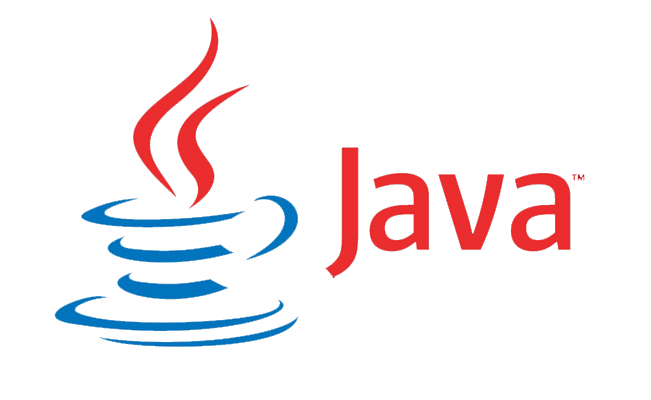
Identifiers are fundamental building blocks of a program and are used as the general terminology for the names given to different parts of the program viz. variables, objects, classes, functions, arrays, etc.
Identifier forming rules of Java state the following:
- Identifiers can have alphabets, digits, and underscore and dollar sign characters.
- They must not be a keyword or boolean literal or null literal.
- They must not begin with a digit.
- Furthermore, they can be of any length.
- Java is case-sensitive, i.e, upper-case letters and lower-case letters are treated differently.
The following are some valid identifiers:
MyFile A_to_Z
MYFILE $1_abc
_CHK file341The following are some invalid identifiers:
DATA-REC contains special character(-)
29fgt Starting with a digit
break reserved keyword
My.File contains special characterIdentifier naming conventions:
While making identifiers name, certain conventions are followed:
- The name of public methods and instance variables should begin with a lowercase letter.
- For names having multiple words, the second and subsequent words’ beginning character is made capital to enhance readability.
- Private and local variables should use lowercase letters.
- The class names and interface names begin with an upper case letter.
- The constants should be named using capital letters and underscore.
Note: also read about the Token and keywords
Follow Me
If you like my post please follow me to read my latest post on programming and technology.
https://www.instagram.com/coderz.py/
https://www.facebook.com/coderz.py
Staying up to the mark is what defines me. Hi all! I’m Rabecca Fatima a keen learner, great enthusiast, ready to take new challenges as stepping stones towards flying colors.
Leave a Comment
You must be logged in to post a comment.